Antibiotics Cause Crohn's Disease
Antibiotics cause crohn's disease. NEW YORK Reuters Health - People who are prescribed a large number of antibiotics tend to have a higher risk of inflammatory bowel disease. Those are all the main variables. Those will likely explain why other people dont get crohns when on antibiotics or do get crohns when not on antibiotics.
The low dose of each antibiotic was an important factor in developing RHB-104. Tell your doctor if youre taking an. Mycobacterium paratuberculosis causes a chronic Inflammatory Bowel Disease in cattle and many other species which is similar to Crohns disease.
This is important information for sufferers of Crohns disease because Mycobacterium paratuberculosis is endemic in foods derived from cattle in most areas of the western world. Once the researchers took other factors into account they found that people prescribed lots of antibiotics were as much as 50 percent more likely to get Crohns disease within two to five years. Antibiotics change the balance of bacteria in the intestines which can activate diarrhea.
Antibiotics Good for treating bacterial infections but they also alter the bacteria in the intestine. Anti-inflammatory drugs are usually the first and foremost option for overcoming Crohns disease. Antibiotics are very helpful as part of a treatment plan for complications of Crohns disease such as abscesses which are pockets of pus and fistulae which are abnormal connections of the intestine to other parts of the body.
When patients come in with mild Crohns we frequently treat them first with antibiotics and. Antibiotic use tied to Crohns ulcerative colitis. Vaccines do not increase the risk of Crohns disease.
Changes to intestinal bacteria may cause diarrhea or inflammation. Known to cause Crohns disease or ulcerative colitis many researchers believe that antibiotics can help control symptoms of IBD by reducing the amount of intestinal bacteria or changing the bacterial makeup of the gut which may then reduce. Scientists claim to have cured Crohns disease after a treatment of antibiotics and faecal transplants sparked long-lasting profound remissions in ten.
Examples include corticosteroids such as prednisone and budesonide and 5-aminosalicylates such as sulfasalazine. They can lead to bowel inflammationmaking symptoms worse.
Anti-inflammatory drugs are usually the first and foremost option for overcoming Crohns disease.
When patients come in with mild Crohns we frequently treat them first with antibiotics and. They can lead to bowel inflammationmaking symptoms worse. Those are all the main variables. Antibiotics for Crohns Disease Antibiotics for Crohns. The amount of fiber in your diet and also vitamin d levels come into playand possibly now some new factors like sucralose and sacharrin which destroy intestinal bacteria in large amounts. This is important information for sufferers of Crohns disease because Mycobacterium paratuberculosis is endemic in foods derived from cattle in most areas of the western world. Several antibiotic medications can be useful in Crohns disease both to treat the disease. A large Finnish study of children demonstrated an association between Crohns disease and antibiotic use especially among boys and with a particular class of antibiotics cephalosporins. Usage of antibiotics should not be restricted in Crohns disease patients in order to prevent disease flares Conditional recommendation very low level of evidence.
Those are all the main variables. Antibiotics Good for treating bacterial infections but they also alter the bacteria in the intestine. This is important information for sufferers of Crohns disease because Mycobacterium paratuberculosis is endemic in foods derived from cattle in most areas of the western world. Usage of antibiotics should not be restricted in Crohns disease patients in order to prevent disease flares Conditional recommendation very low level of evidence. Scientists claim to have cured Crohns disease after a treatment of antibiotics and faecal transplants sparked long-lasting profound remissions in ten. Aspirin ibuprofen and certain antibiotics are a few of the medications that can trigger Crohns flares. Known to cause Crohns disease or ulcerative colitis many researchers believe that antibiotics can help control symptoms of IBD by reducing the amount of intestinal bacteria or changing the bacterial makeup of the gut which may then reduce.

/crohns-disease-causes-55-5aec9f0f119fa800376292b1.png)
/crohns-disease-causes-55-5aec9f0f119fa800376292b1.png)






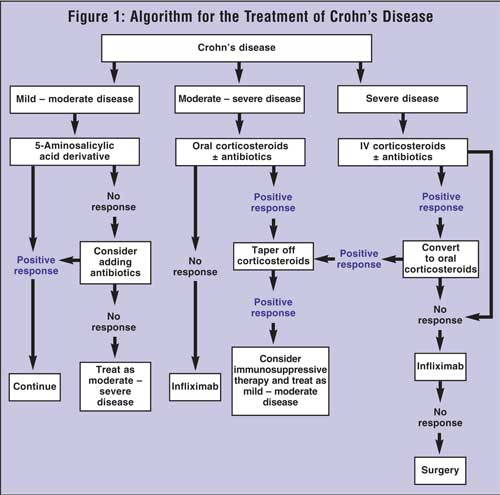



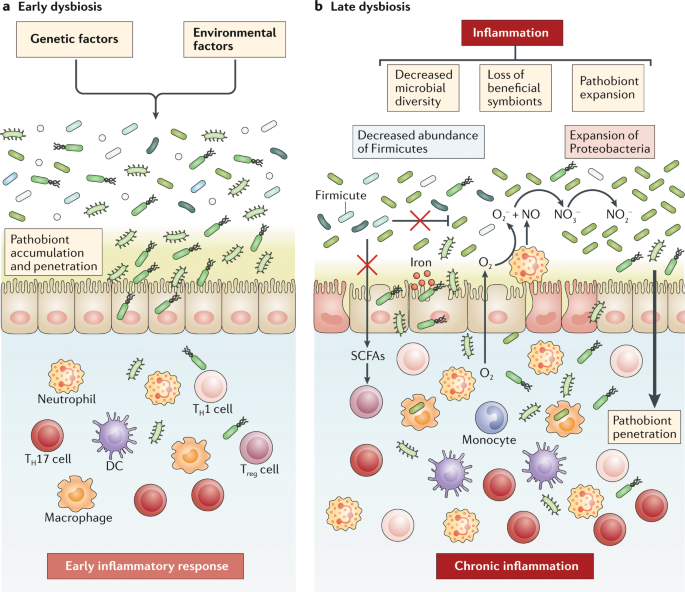

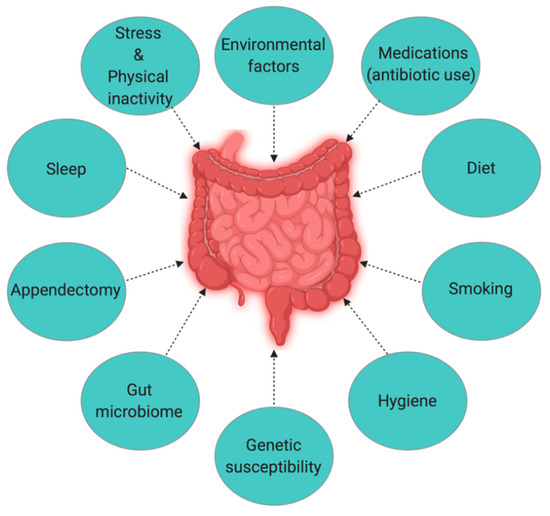
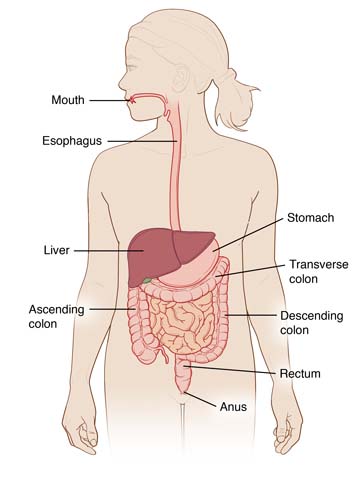



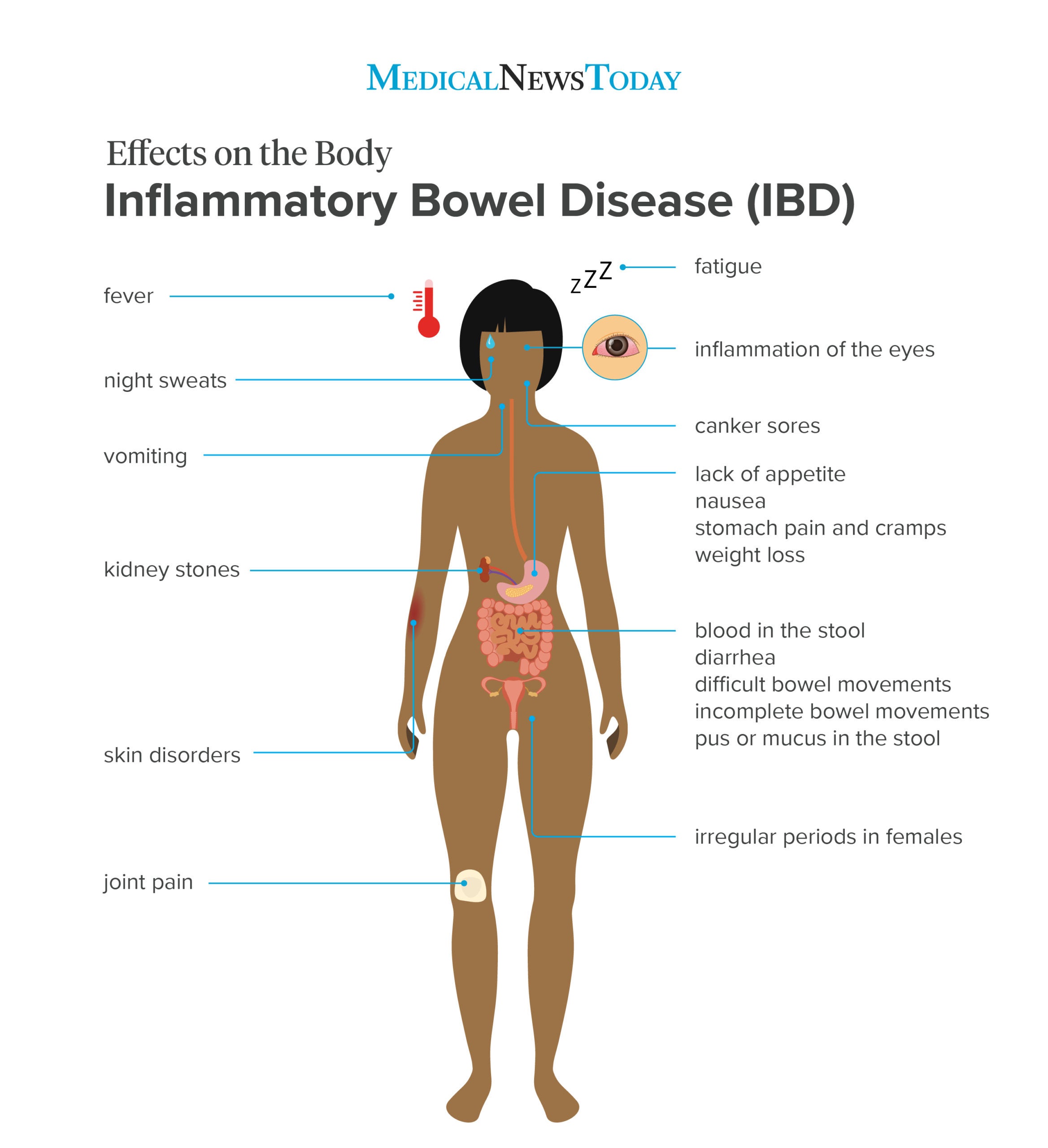
/overview-of-crohns-disease-4160960_final-9e01501adda248fcb639d68964db4ea3.png)


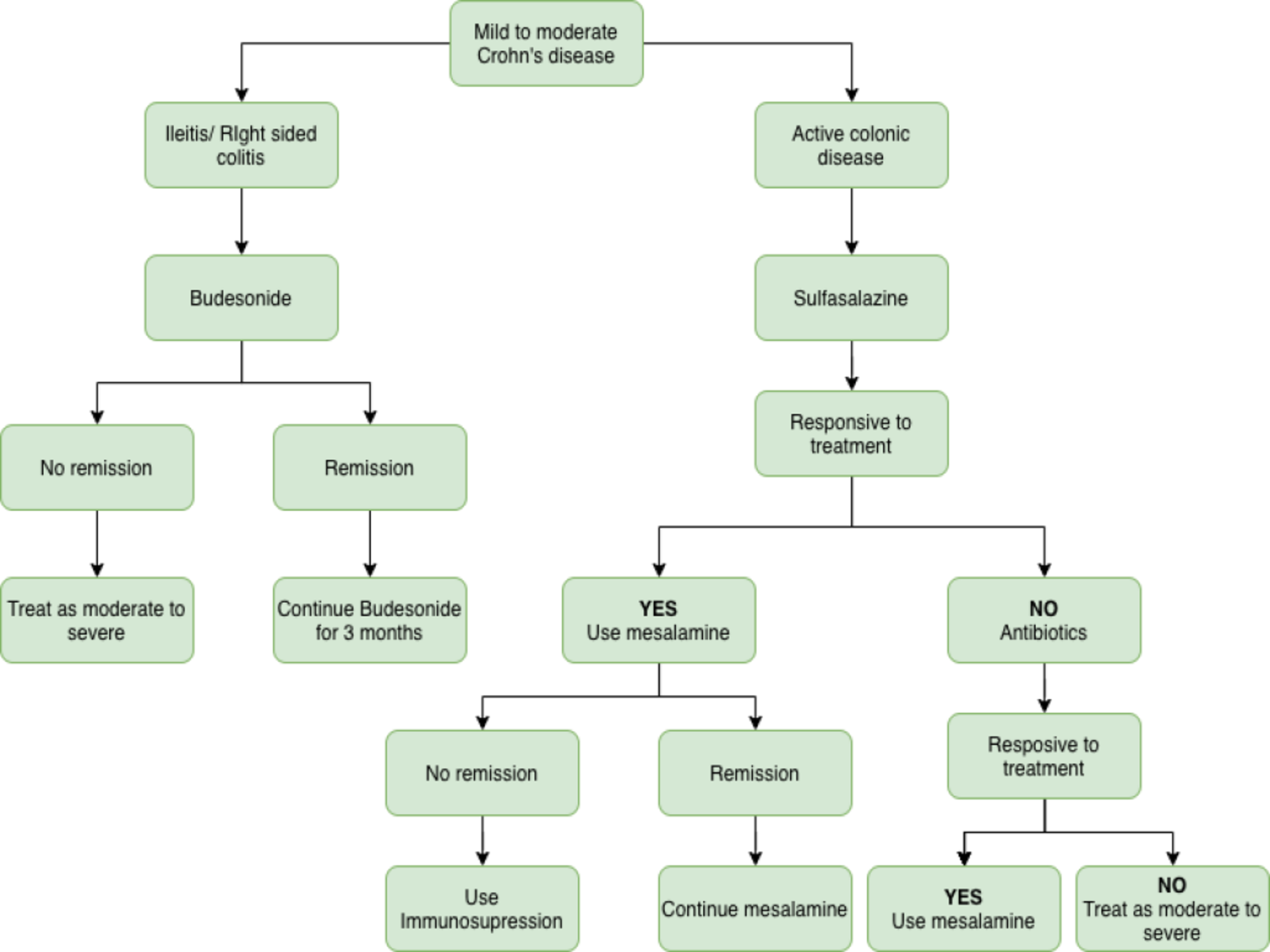







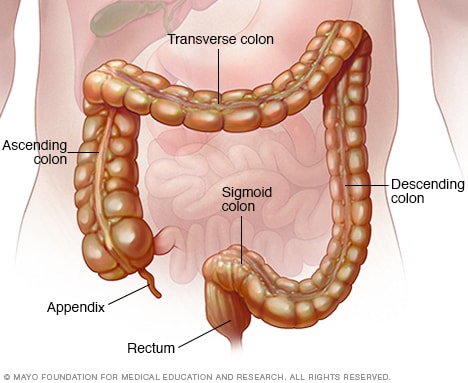












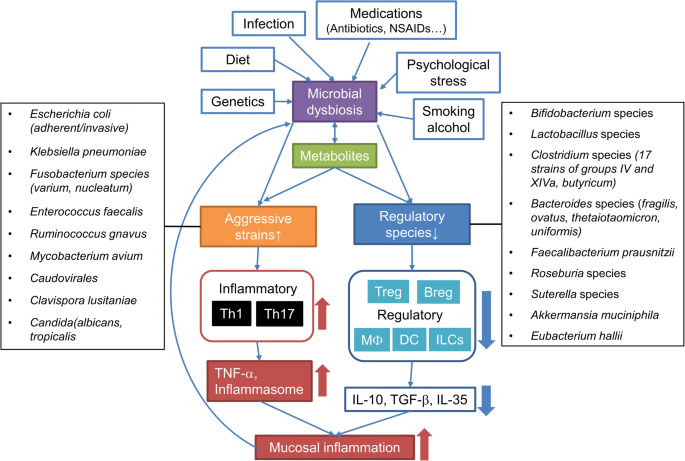
Posting Komentar untuk "Antibiotics Cause Crohn's Disease"